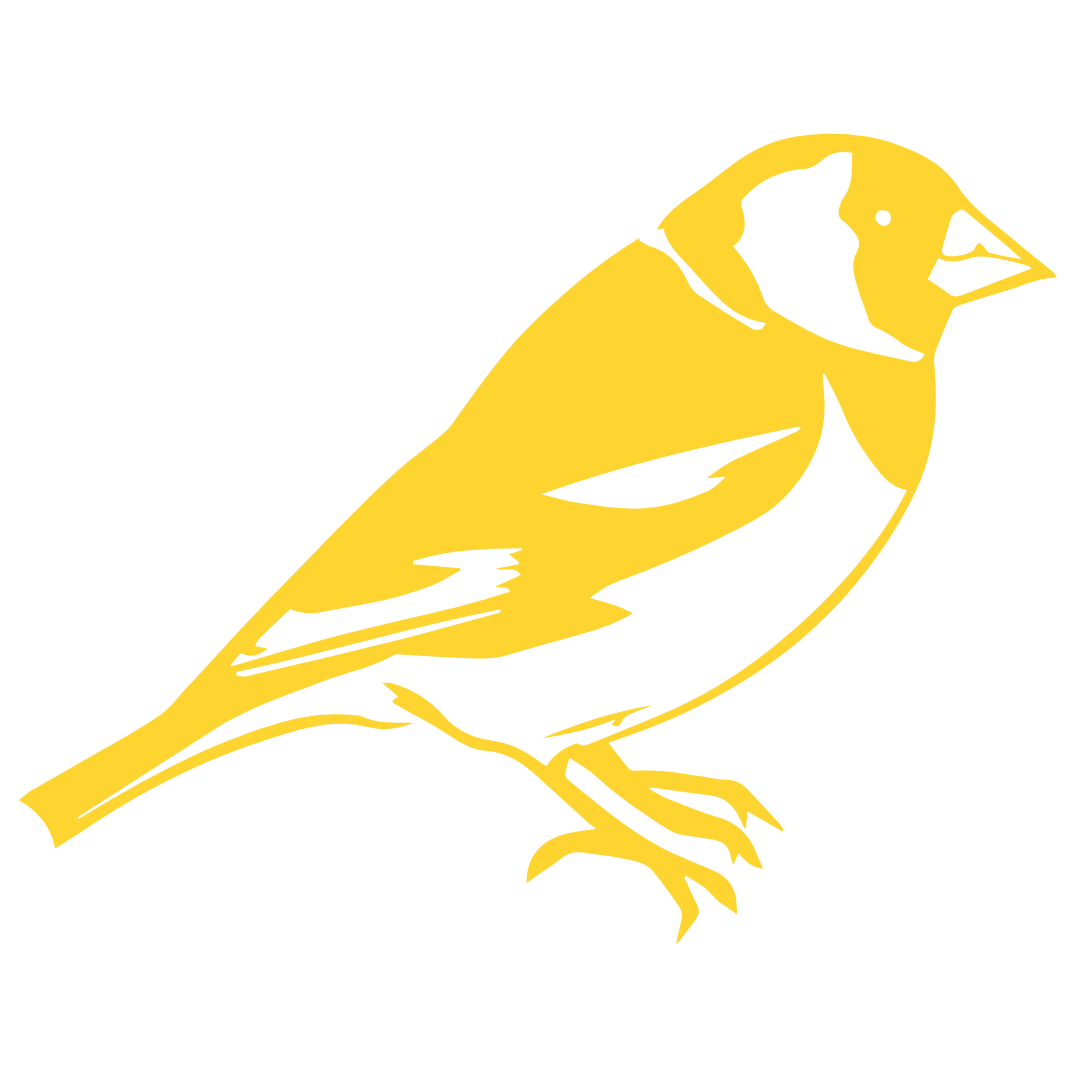Scottish Centre for Geopoetics Residential Conference 2019: Workshop - "Revitalising the Commons / Recovering a Sense of World"
The challenges we face today – ecological, social and political - demand new forms of consciousness, creativity and collective action. One of the great unacknowledged problems of our time is the enclosure of the commons: the expropriation and commercialisation of shared resources, usually for private market gain. This is the conclusion of a culture and a worldview that separates man from nature, that ‘fails to see life whole,’ that gives rise to a loss of ‘a sense of world.’
Within the degrowth movement, the radical philosophical practice of commoning is advocated as one way to resist the dominant economic growth paradigm of global capital and its environmental destruction.Revitalising the commons requires a shift towards relationships between people, resources, and power that foster community resilience, ecological stewardship and democratised decision making. Commons theorist Andreas Weber writes that ‘we need to think more from the perspective of creative aliveness (Patterns of Commoning, 2015).
Building on ideas introduced in my lecture ‘Finding a Radical Hope in Geopoetics’ (2018), this workshop will explore the potential of revitalising the commons from a geopoetics perspective. We will discuss tangible real-world action for cultural renewal, thinking though how we might recover ‘a sense of world’ together.
Further context:
The enclosure of the commons begins with the enclosure of common land in earlier centuries. Enclosure is about dispossession: it privatises and commodifies resources that belong to a community or to everyone, and dismantles a commons-based culture (egalitarian co-production and co-governance) with a market order (money-based producer/consumer relationships and hierarchies). Enclosure today can be seen in the patenting of genes and lifeforms, the use of copyrights to lock up creativity and culture, the privatisation of land and food production, and attempts to transform the open Internet into a closed, proprietary marketplace, among many other enclosures.
The commons is both material and symbolic. It is the ‘collective wealth that we inherit or create together and must pass on to the next generation’ and includes the gifts of nature, civic infrastructure, cultural works and traditions and knowledge. The very reality we experience is itself a commons; a matrix of relationships - existential, economic and ecological - through which aliveness is unfolding. For humans, this ontology of relations produces meaning and emotional reality. This process also encompasses what has been called ‘conviviality’ - con-vivere. Conviviality ‘allows humans to take care of each other and of the planet, without denying the legitimacy of conflict, yet by using it as a dynamising and creativity-sparking force’ (Alphandéry et al 2014).
Markets tend to have thin commitments to localities, cultures and ways of life. For any commons, however, these are indispensable, understood as a ‘poetics of relations’ (Glissant 1997). Part of commoning is about discovering new ways of living and rediscovering forgotten local cultural practices and traditions. This not a nostalgic return to a romantic past, it is about reclaiming radical, rooted and life-affirming ways of being.
“This quest will shift completely our understanding of ourselves and of the world we are part of. As a consequence it will also imply a reordering of the realms of politics and economics. If we do not see the world any longer under a duality of “human actors” and “natural resources,” then the boundaries between that which is being distributed and those who are using it become blurred. In such a world, socioeconomics can no longer pursue only the goals of just and fair distribution because “producers” and “consumers” are often the same people. We can already witness this in the many commons now arising, and in those that have always been there and are now being rediscovered.” Weber 2015
References:
Degrowth [https://www.degrowth.info]
Weber, Andreas. 2015. ‘Reality as Commons: A Poetics of Participation for the Anthropocene’ in Bollier D & S Helfrich (eds) Patterns of Commoning. The Commons Strategies Group in cooperation with Off the Common Books
Glissant, Édouard. 1997. Poetics of Relation. East Lansing: Michigan State University Press
Alphandéry, Claude et al. 2014. Abridged version of the Convivialist Manifesto, [http://www.journaldumauss.net/?Abridged-version-of-the]

